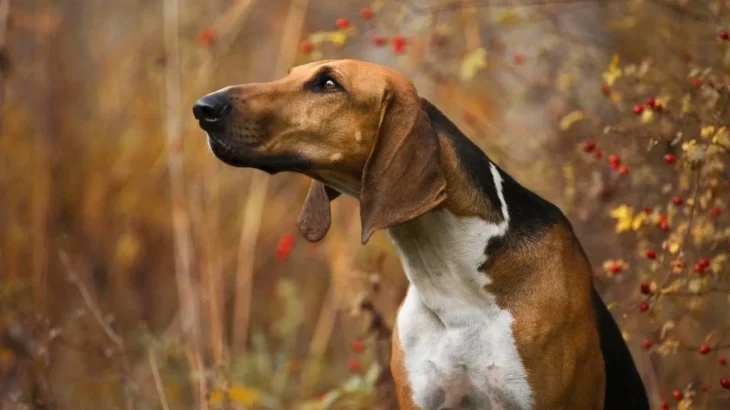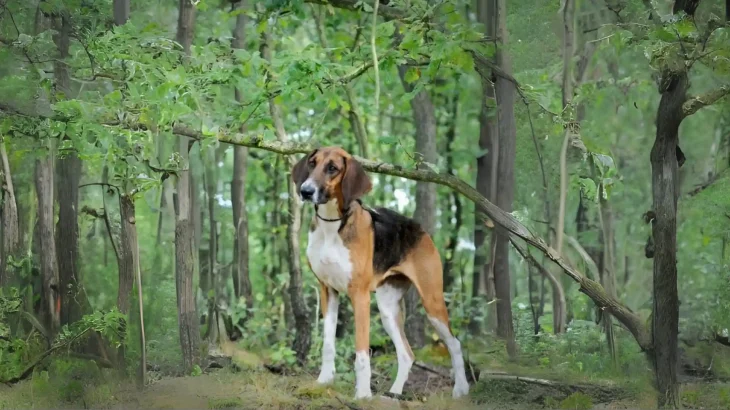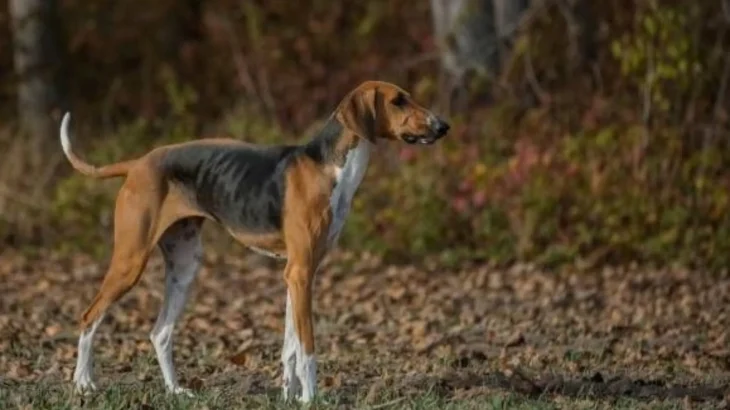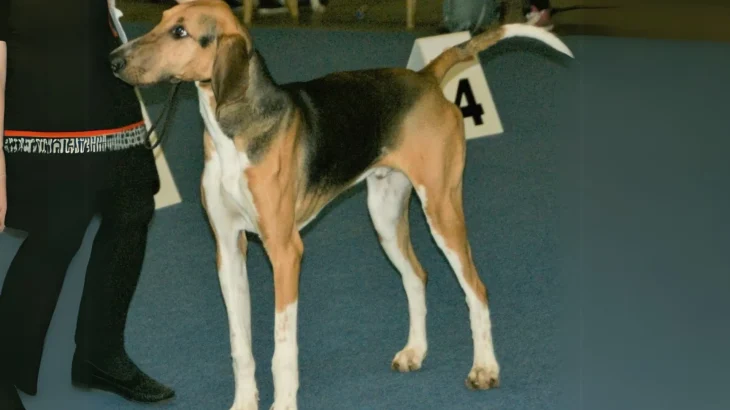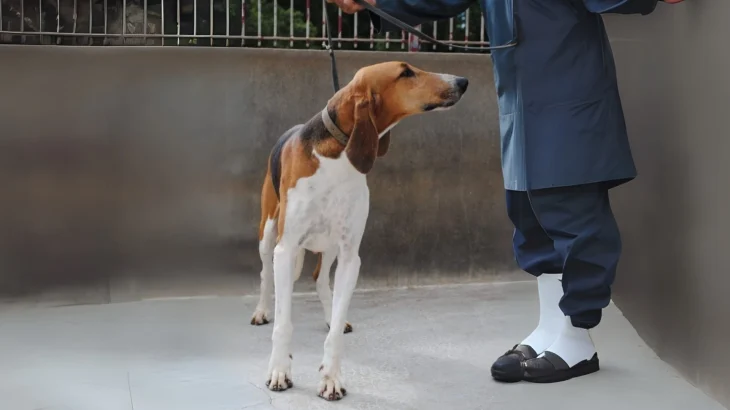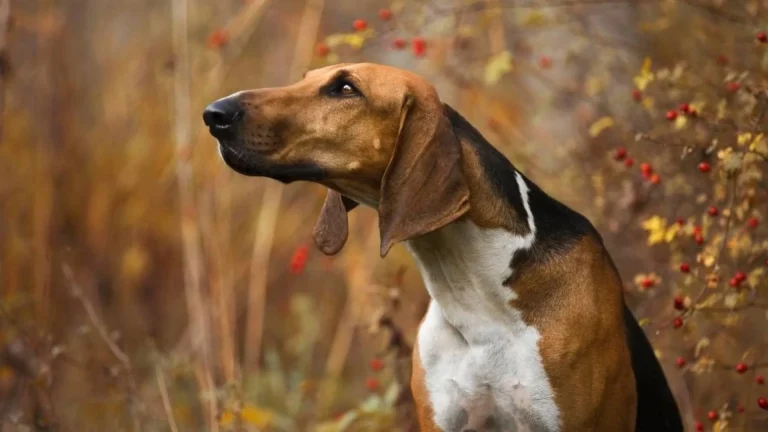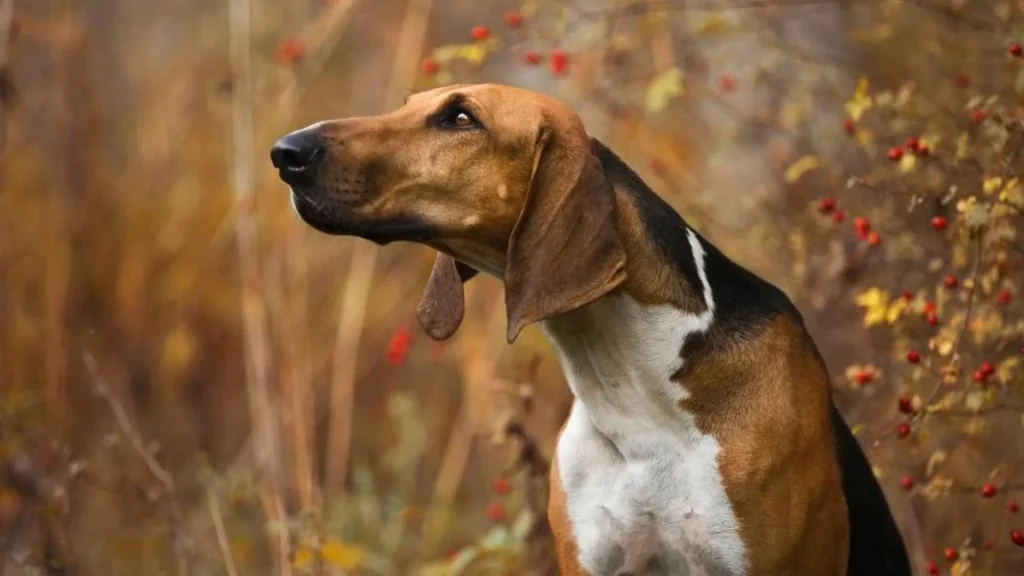When deciding on a Poitevin puppy, choosing between adoption and purchase largely depends on factors like health assurance and ethical sourcing. Buying from a breeder may offer more insight into the dog's lineage and health, while adopting supports rescue efforts and can be an ethical choice that saves lives.
Adoption vs. Breeder: Pros & Cons
| Criteria | Buying from Breeder | Adopting from Shelter/Rescue |
|---|---|---|
| Cost | Usually higher due to breed purity and pedigree documentation. | Generally lower adoption fees; a budget-friendly option. |
| Health History | Often detailed with genetic screening and health records. | May be unknown or limited, but reputable rescues provide available health info. |
| Age Availability | Primarily young puppies, allowing for early bonding and training. | Often adult dogs, which may already be trained and socialized. |
| Temperament Insight | Breeders can inform about lineage temperament traits. | Rescue staff can share observed behaviors; history may be partial. |
| Supporting Practices | Supports responsible breeding programs when breeder is ethical. | Supports animal welfare and reduces demand for puppy mills. |
| Ethical Considerations | Must ensure breeder follows ethical breeding standards to avoid puppy mills. | Generally seen as the more ethical choice by giving a dog a second chance. |

